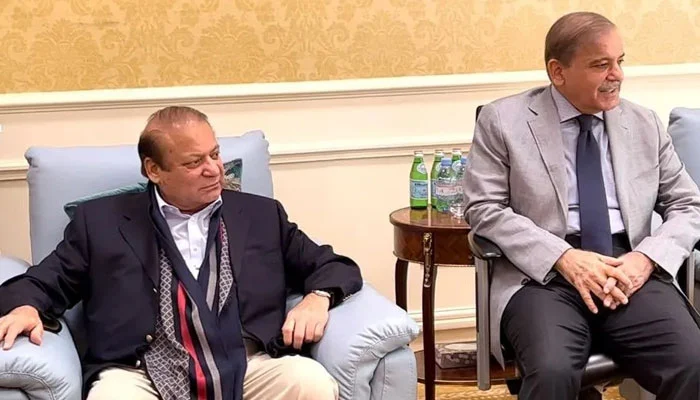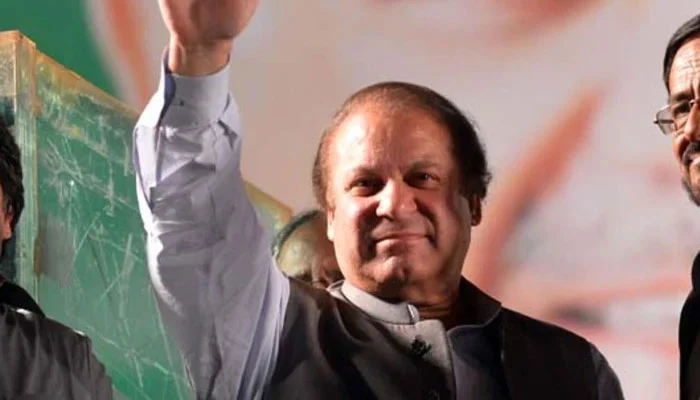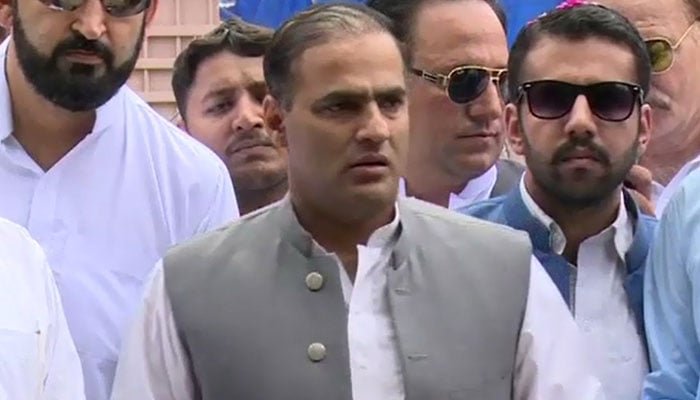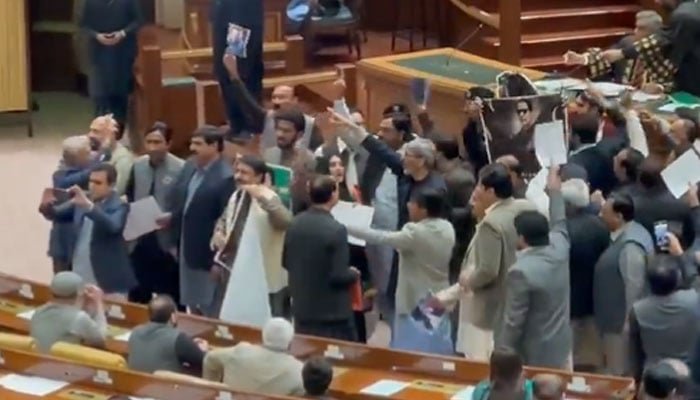The recent high-level consultative meeting held under the leadership of Muhammad Nawaz Sharif, the head of Pakistan Muslim League-Nawaz (PML-N) and former Prime Minister, has stirred significant political developments in Pakistan. This crucial session, held at Raiwind, Jati Umra, was convened to analyze the prevailing political landscape, discuss inter-party relations, and outline the party’s future agenda.
During this meeting, which included prominent PML-N leaders and strategists, detailed assessments of the general political scenario took place. Substantial decisions were made that have far-reaching implications for the party and Pakistan’s political landscape. Among these decisions is Nawaz Sharif’s commitment to touring all four provinces of the country and personally overseeing the distribution of party tickets for upcoming elections. These developments come amidst a backdrop of growing political dynamism and the approaching national and provincial assembly elections.
As per media reports, the meeting concluded with the resolution that Nawaz Sharif will commence his nationwide tour on November 10. This tour serves multiple objectives, chief among them being to strengthen PML-N’s presence and reach across the country. It will also provide Nawaz Sharif with an opportunity to interact with his political base and supporters in various regions. This strategic move is expected to further energize PML-N’s campaign for the upcoming elections.
Nawaz Sharif, addressing the attendees, expressed his determination to empower the country’s institutions and ensure justice and accountability. He emphasized the significance of robust institutions in upholding the rule of law and safeguarding democratic values. In a clear and categorical statement, he stated that if given another chance to govern, he would work on strengthening the institutions that are pivotal to Pakistan’s democratic fabric.
The meeting did not merely focus on electoral politics but also delved into policy matters. Several recommendations and suggestions were sought on crafting the party’s election manifesto. This highlights PML-N’s intention to offer comprehensive policies aimed at addressing the nation’s economic challenges and other pressing issues.
Furthermore, the party’s General Secretary, Ahsan Iqbal, confirmed that preparations for the upcoming elections are already in full swing. The party has started soliciting applications from aspiring candidates for both the national and provincial assemblies. By actively involving party members and enthusiasts in the candidate selection process, PML-N aims to ensure that its choices align with the aspirations and interests of the public they aim to represent.
In a significant development, a Charter Committee, led by Irfan Siddiqui, has been established to draft a comprehensive manifesto that not only addresses the country’s immediate economic challenges but also offers solutions to long-standing issues. This proactive stance underscores the party’s commitment to offering meaningful policy alternatives and engaging in a substantive dialogue with the electorate.
The call for immediate elections reflects the party’s assessment that Pakistan is facing economic challenges and that the country needs a representative and stable government to address these issues effectively. Given the current economic turbulence, the need for decisive action and structural reforms is evident. The PML-N sees itself as well-equipped to deliver on this front.
Nawaz Sharif’s leadership and the PML-N’s commitment to strengthening Pakistan’s institutions and governance is a response to the concerns regarding the country’s economic future and political stability. In this regard, Nawaz Sharif has articulated a vision for a Pakistan characterized by transparent governance, vibrant institutions, and socioeconomic prosperity. The Charter Committee, under Irfan Siddiqui’s leadership, is tasked with translating this vision into a concrete and comprehensive policy framework.
The recent strategic meeting of PML-N under the leadership of Nawaz Sharif signifies a significant shift in Pakistan’s political landscape. The decision to embark on a nationwide tour, involvement of the party’s base in candidate selection, and the establishment of a Charter Committee reflect a well-thought-out strategy to reclaim political influence. Furthermore, the call for immediate elections underscores the urgency of addressing Pakistan’s economic challenges and the party’s commitment to restoring stability and effective governance.
The coming months will be critical for PML-N, and the extent to which these strategies bear fruit will shape the dynamics of Pakistan’s political future. The party’s attempt to offer comprehensive policy solutions and engage with the electorate signals its readiness for a challenging electoral campaign. As the political arena in Pakistan heats up in the lead-up to the elections, the choices made by parties like PML-N and their engagement with the public will play a pivotal role in determining the nation’s future trajectory.



